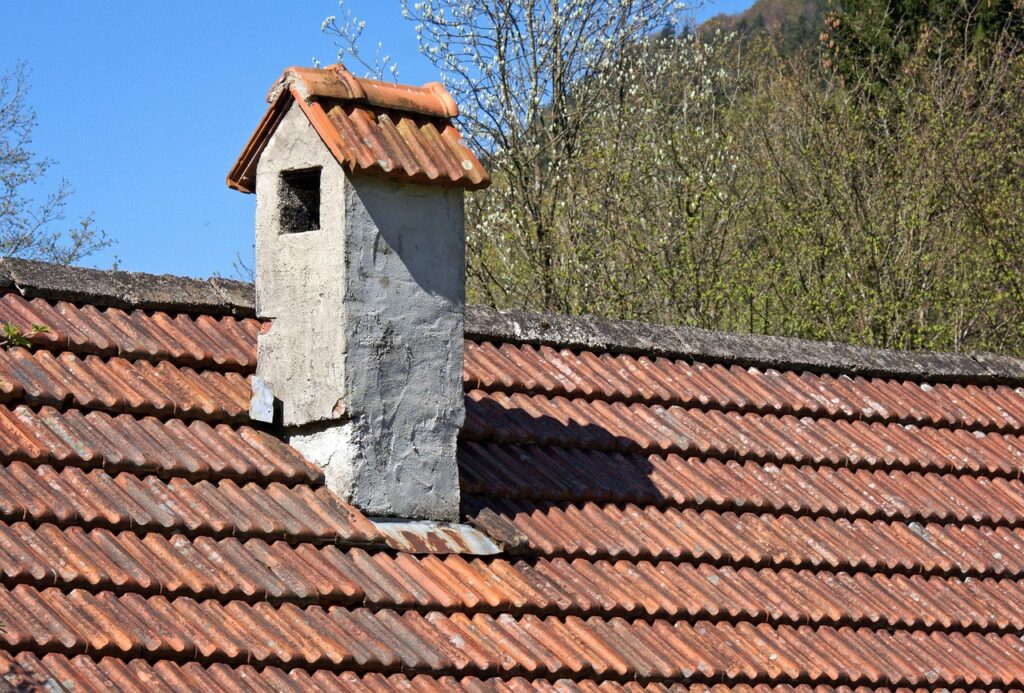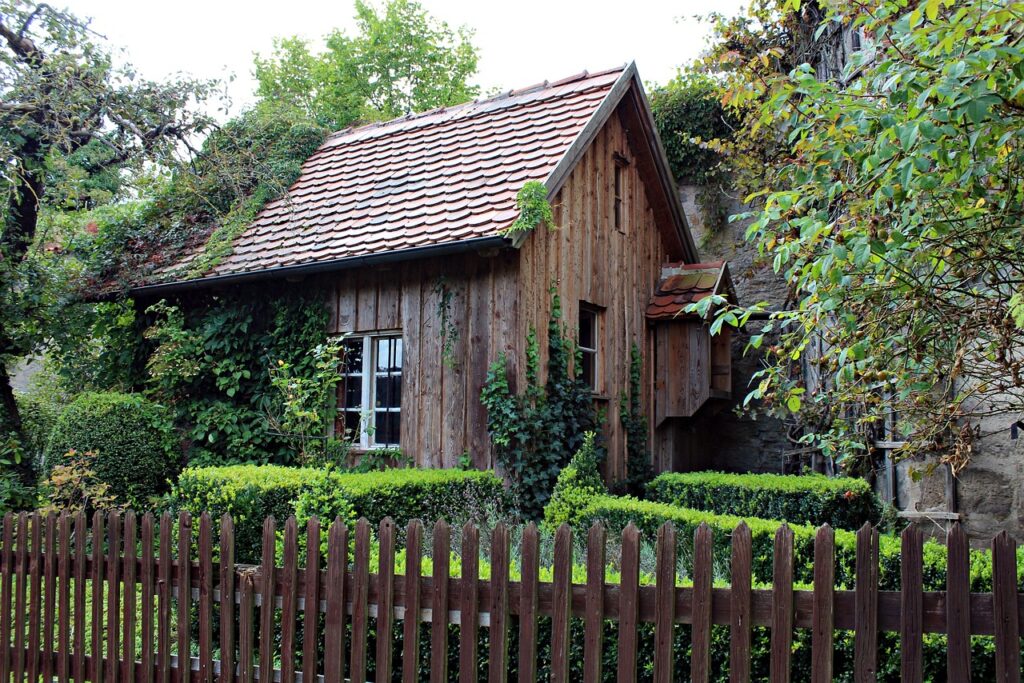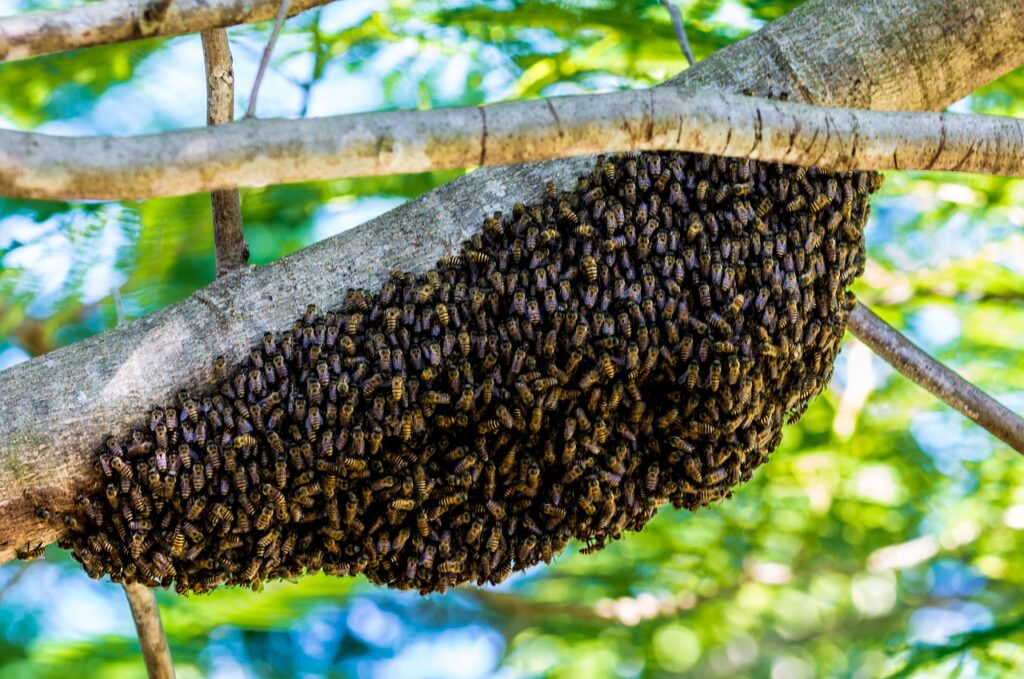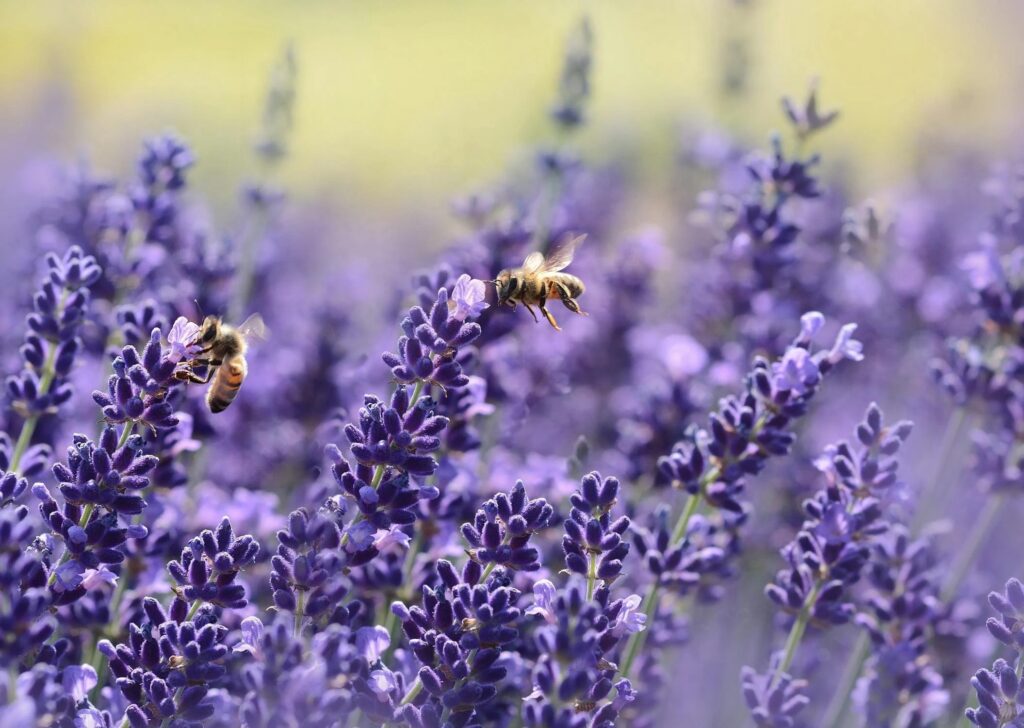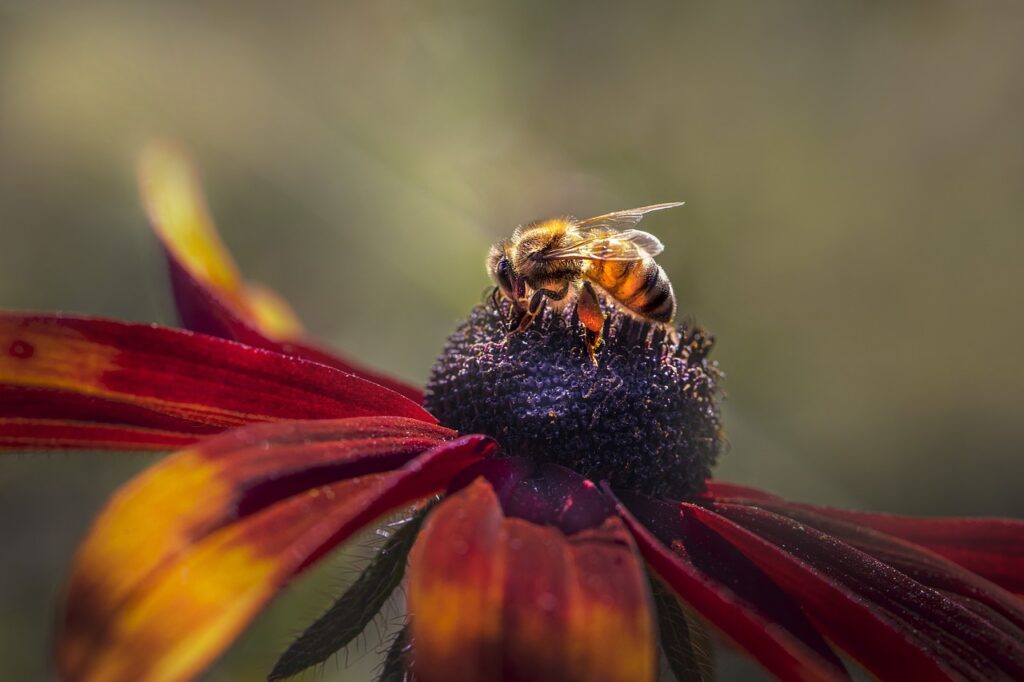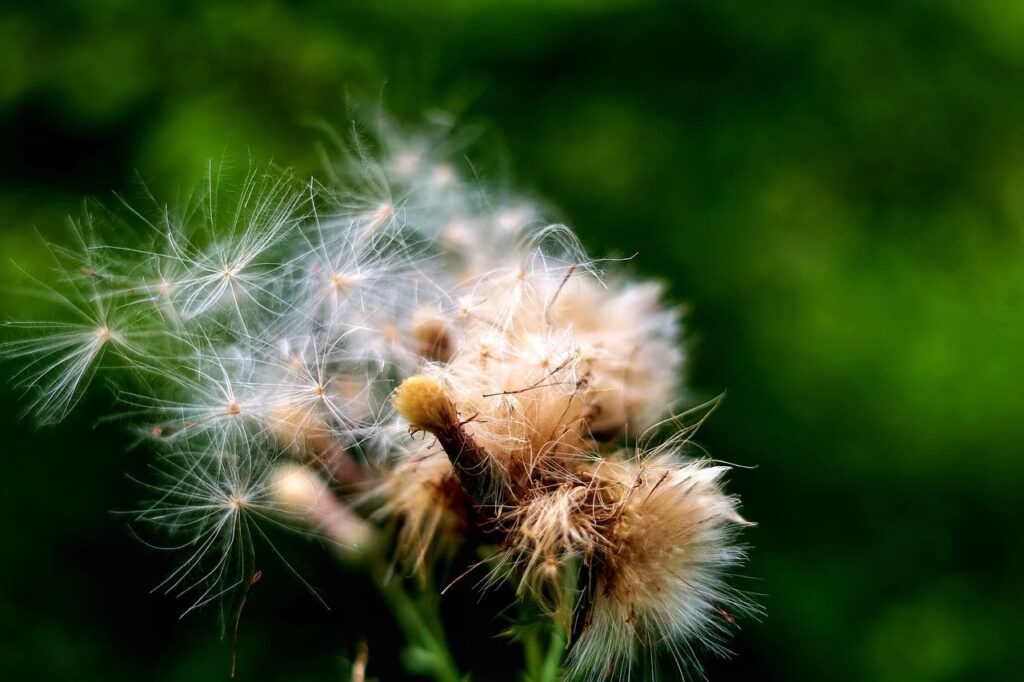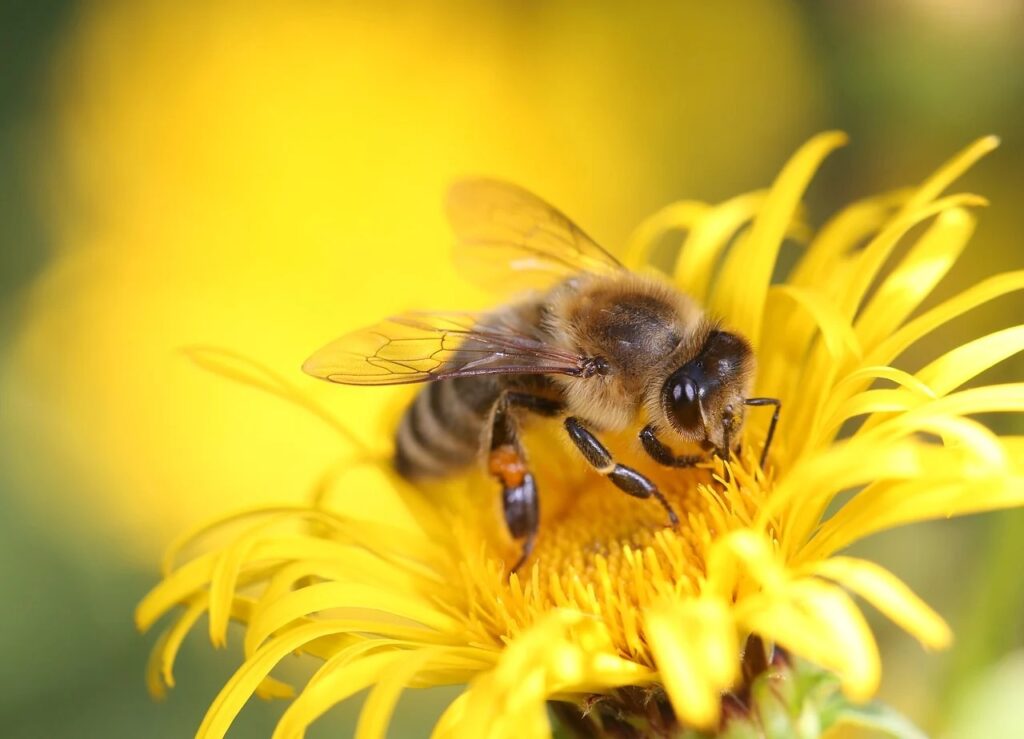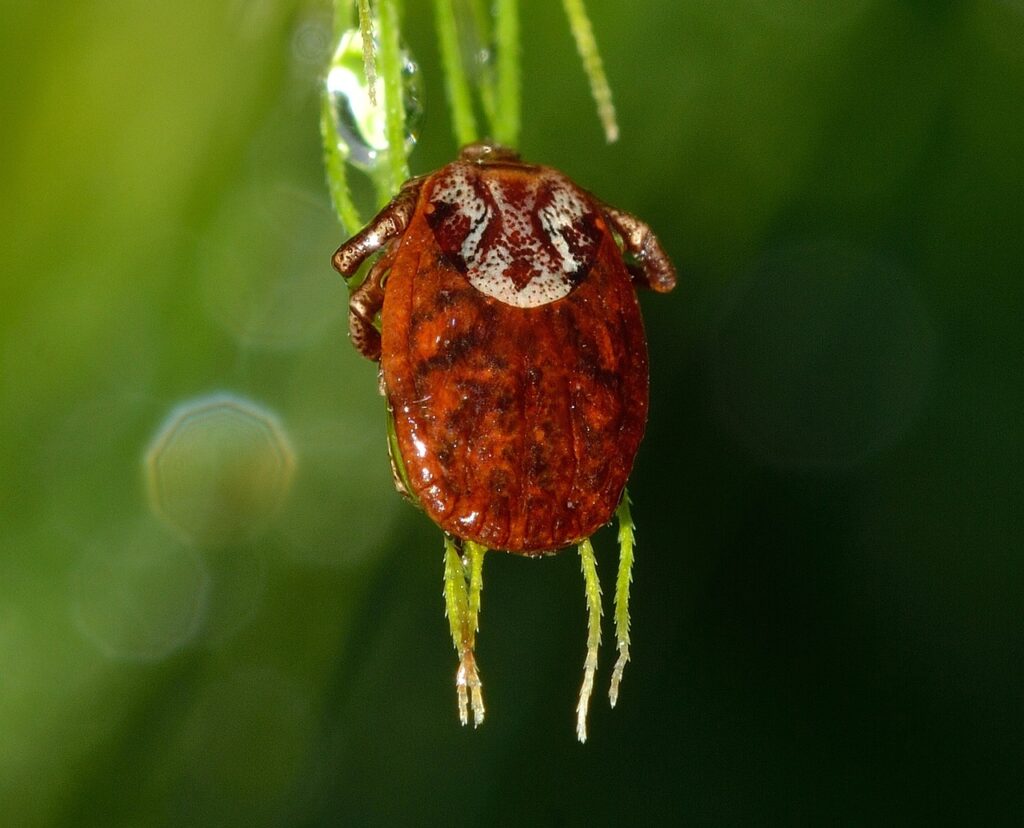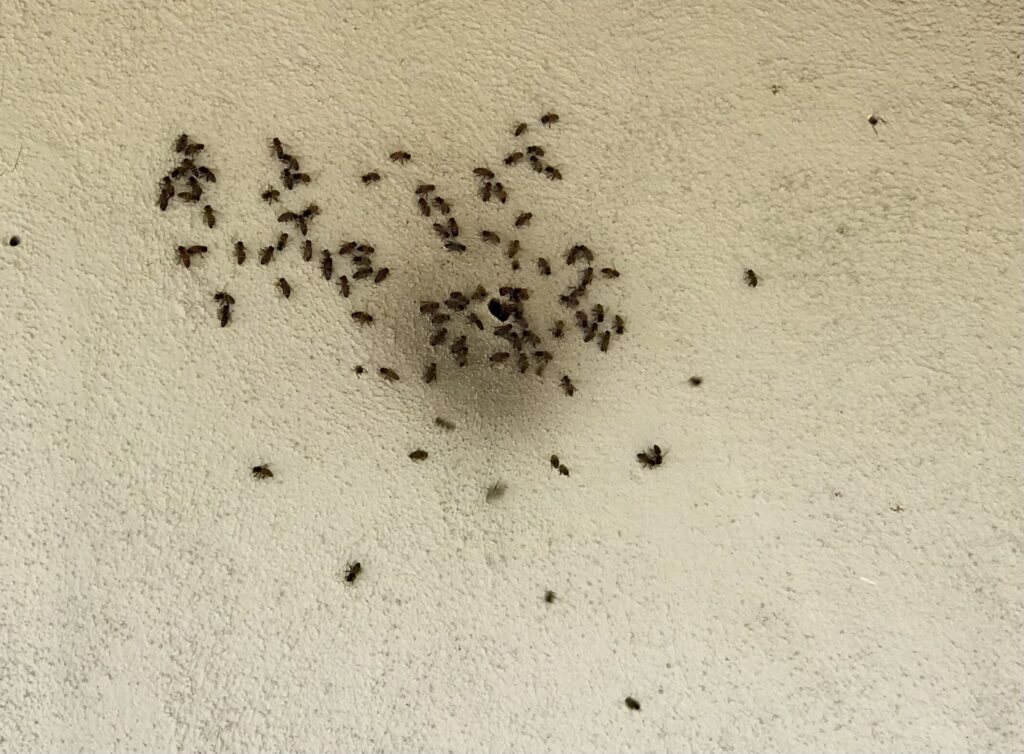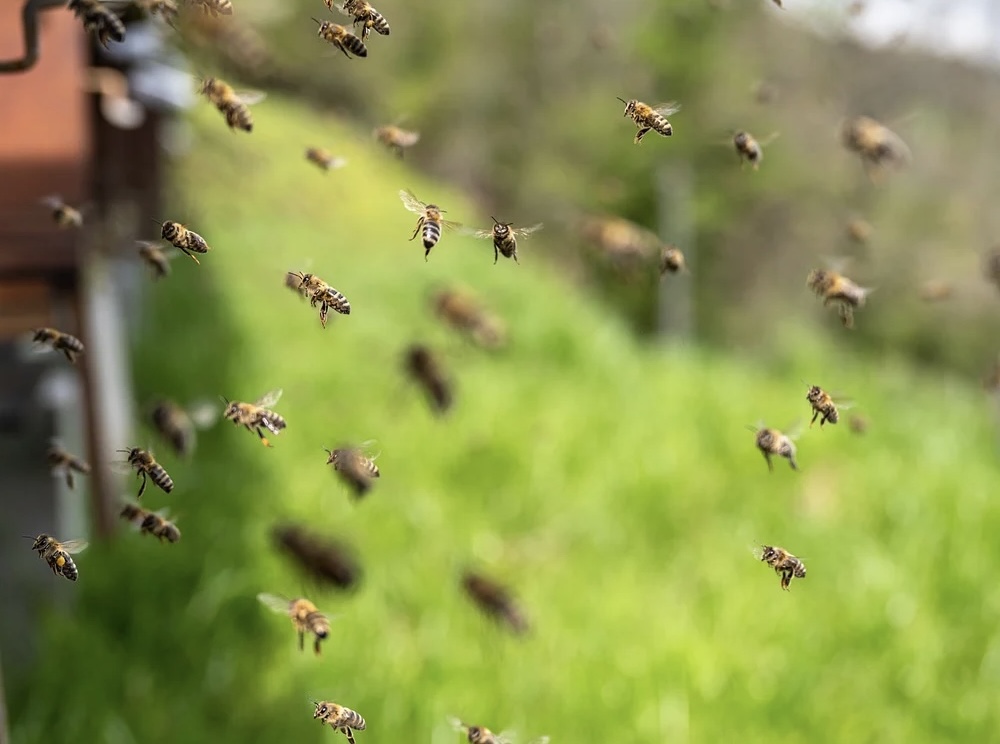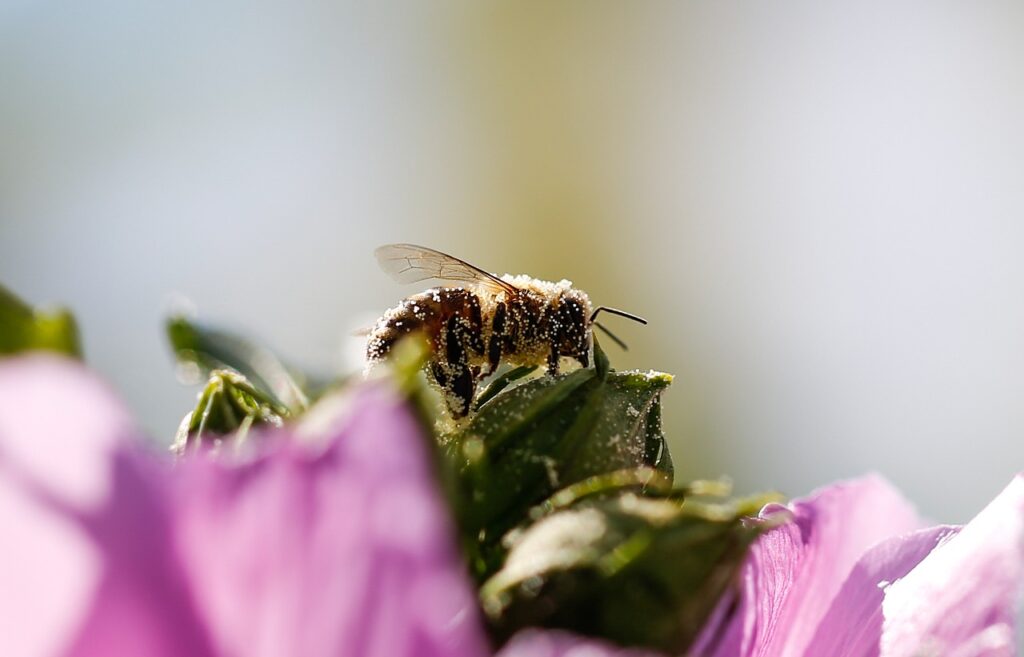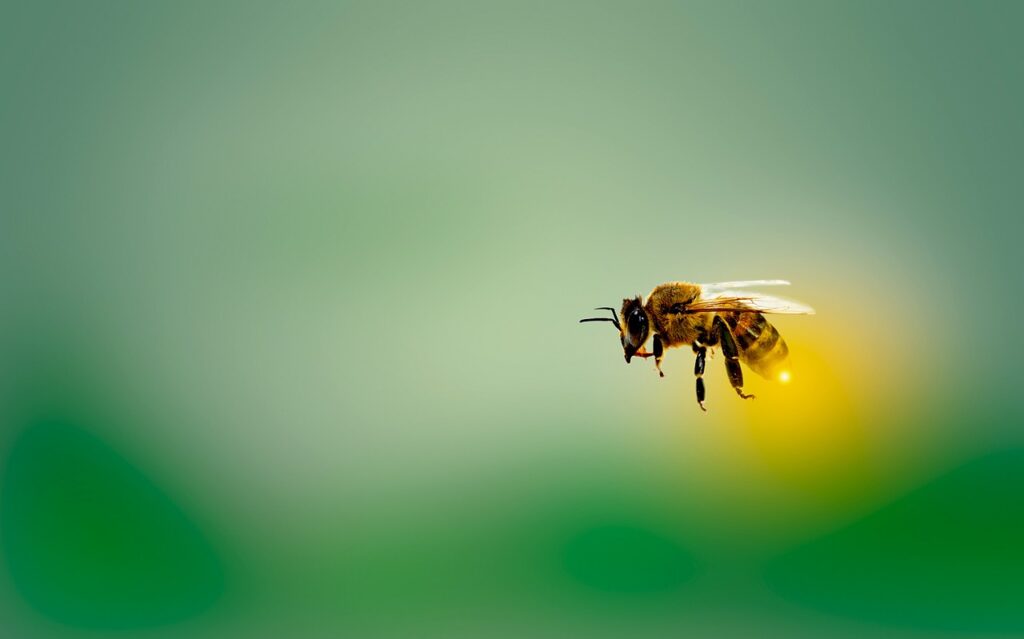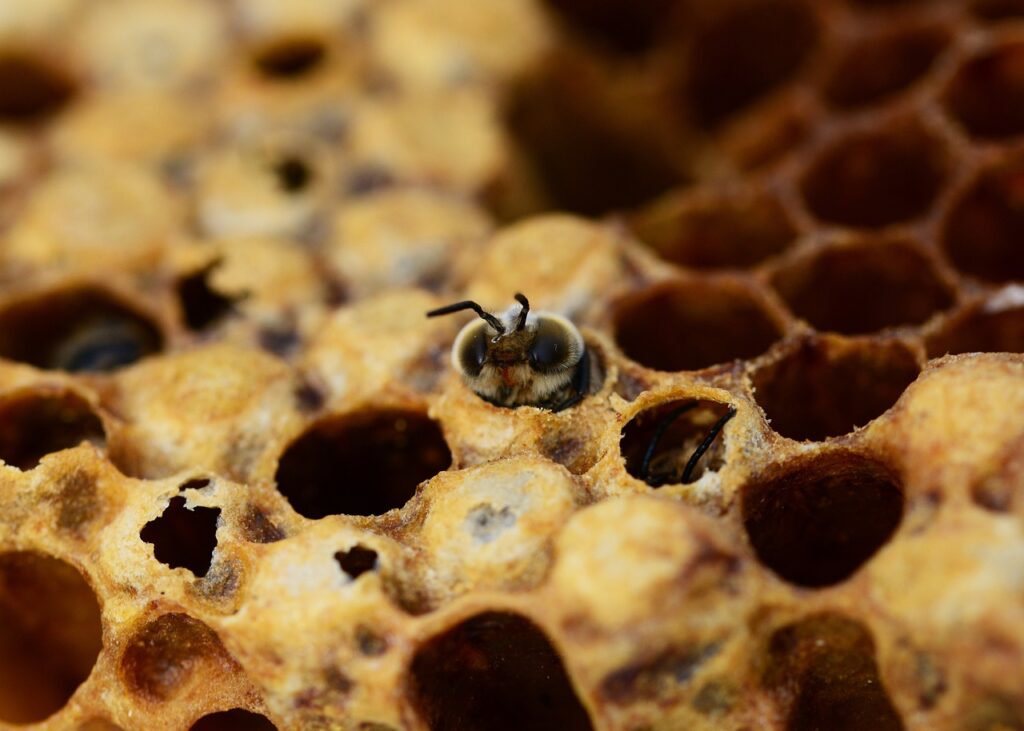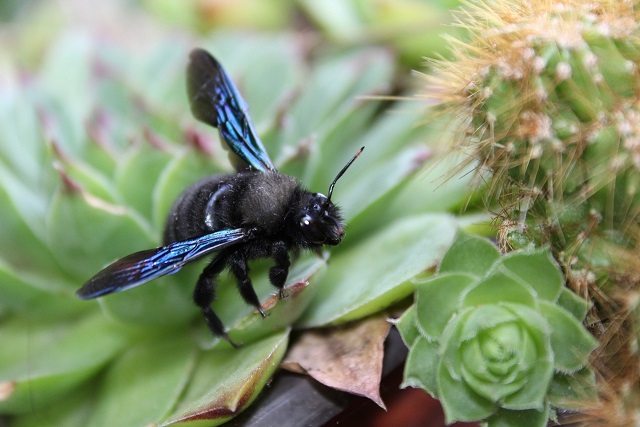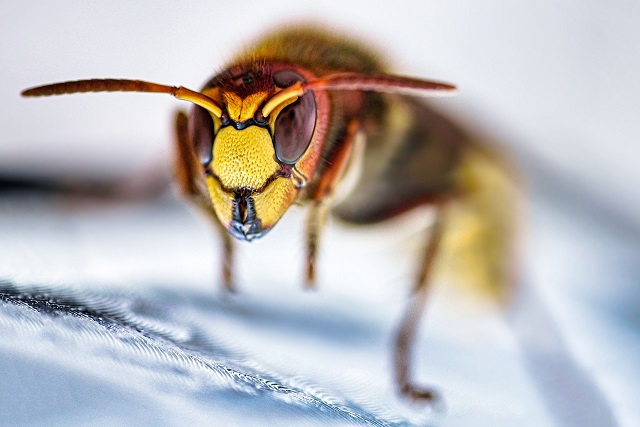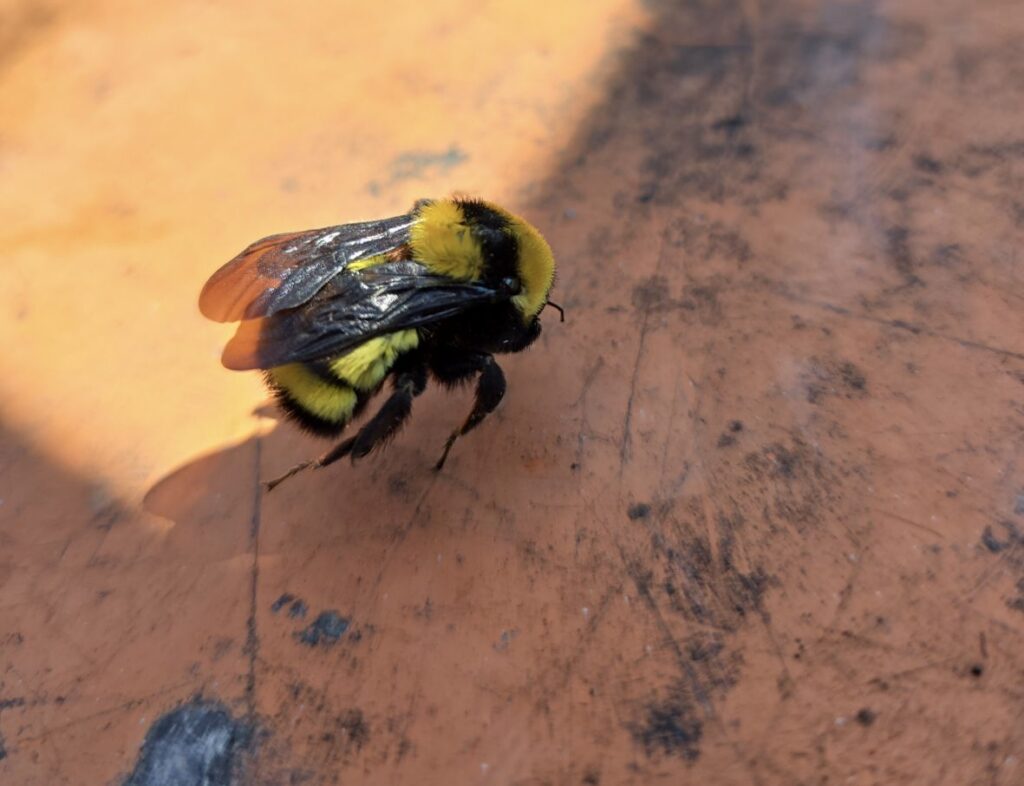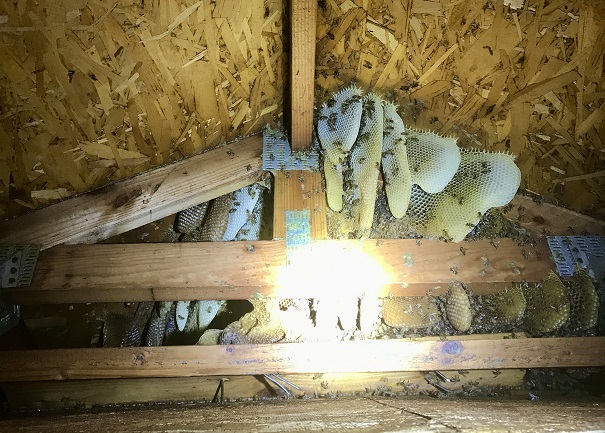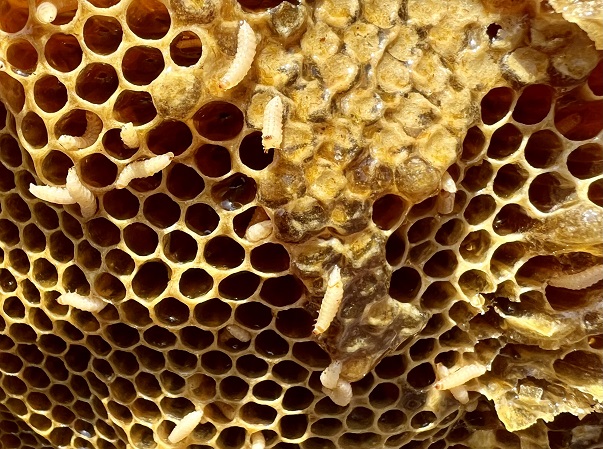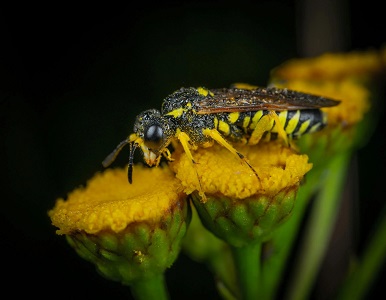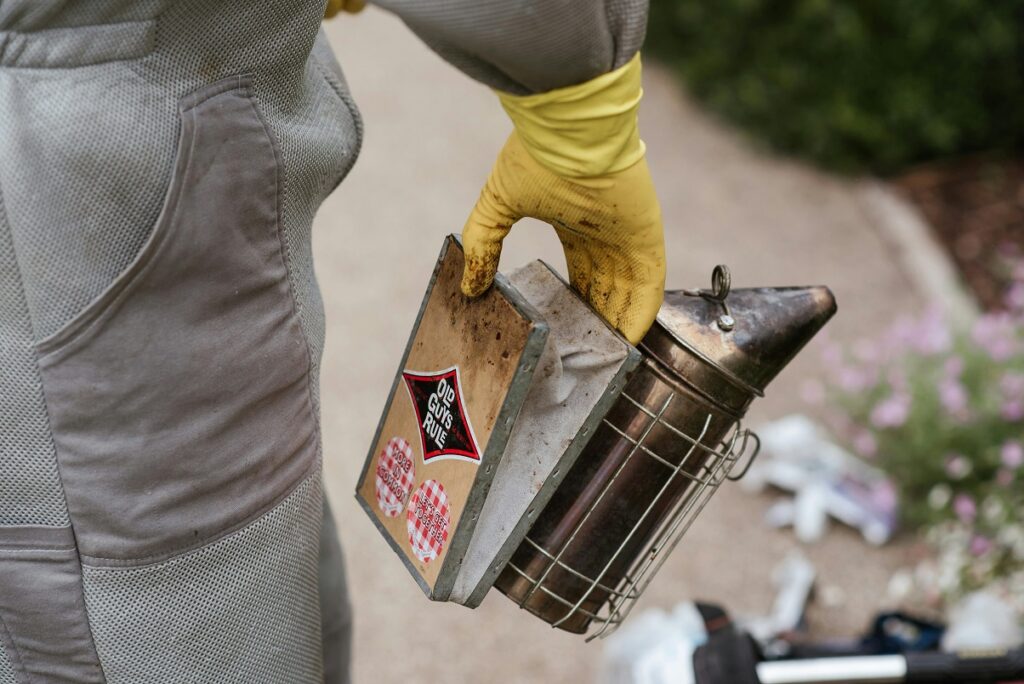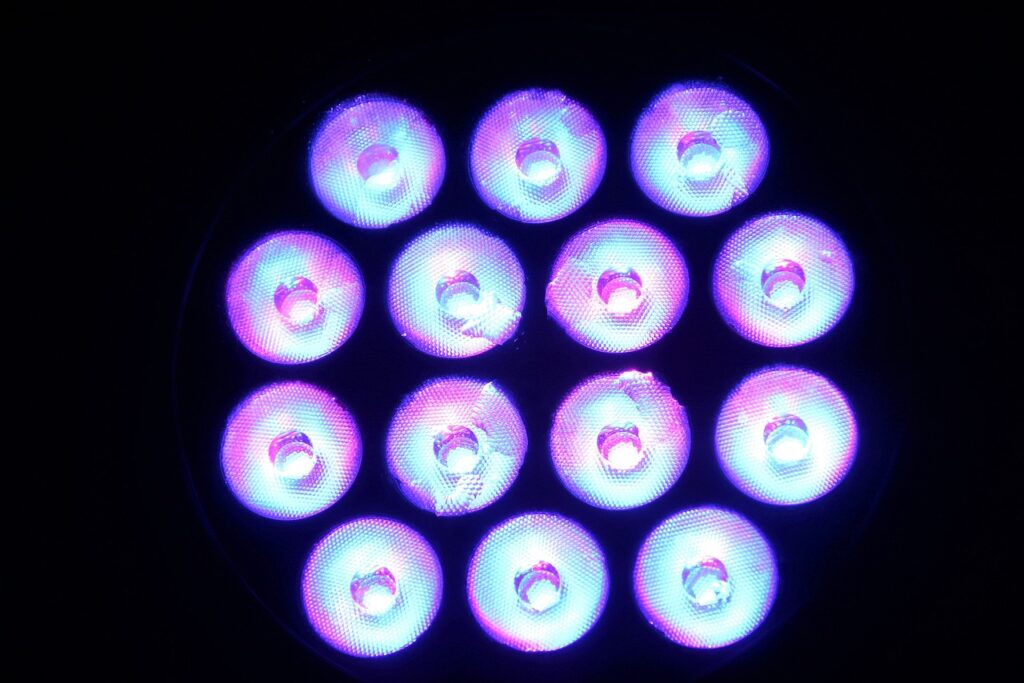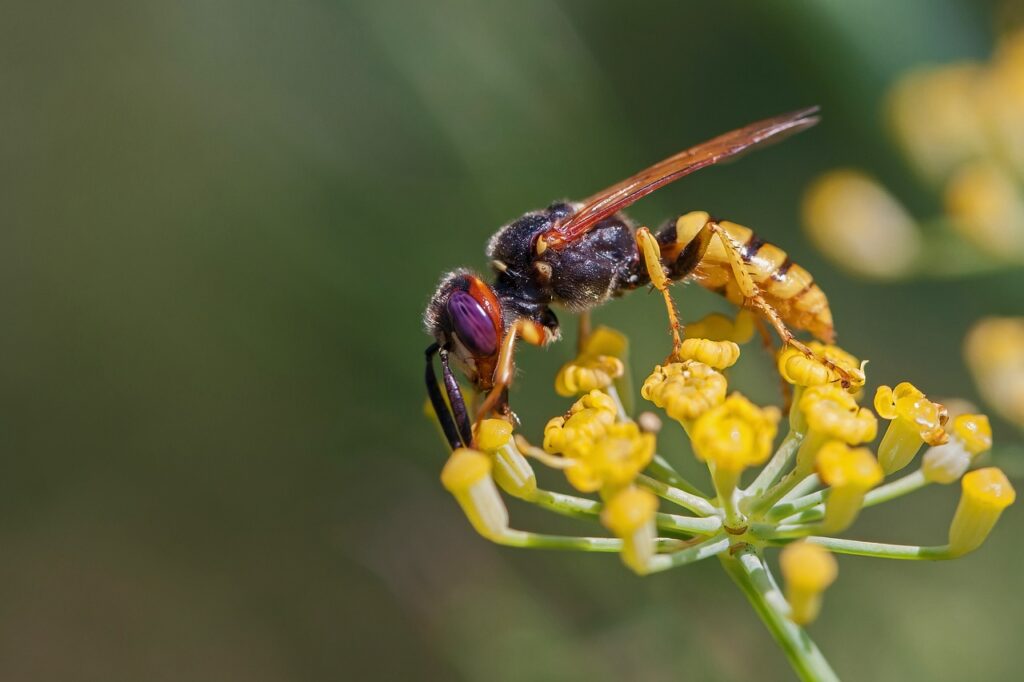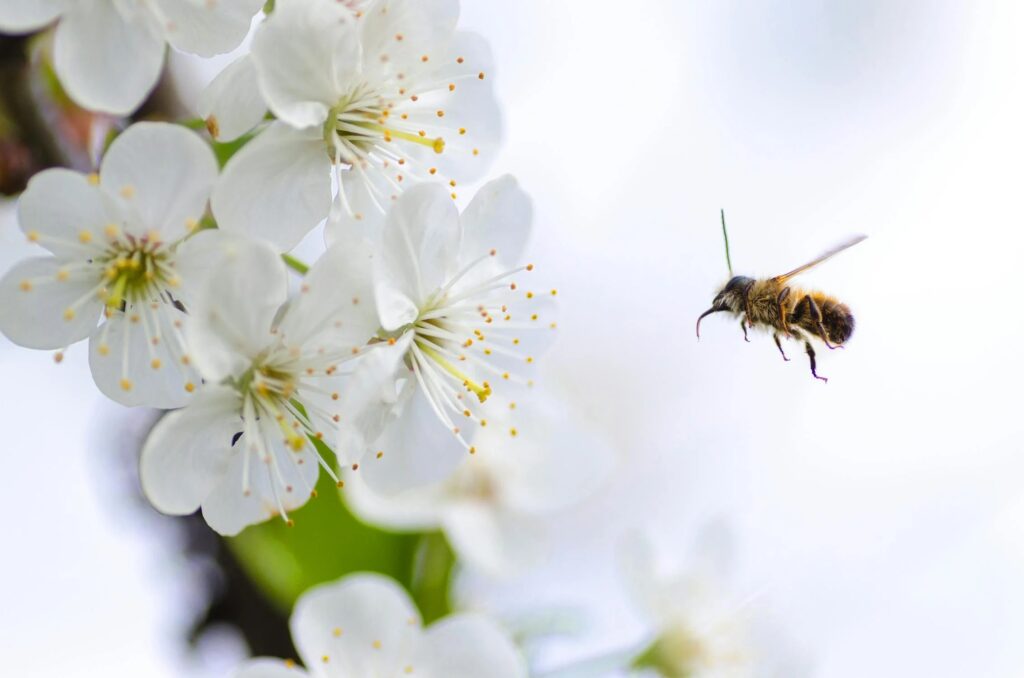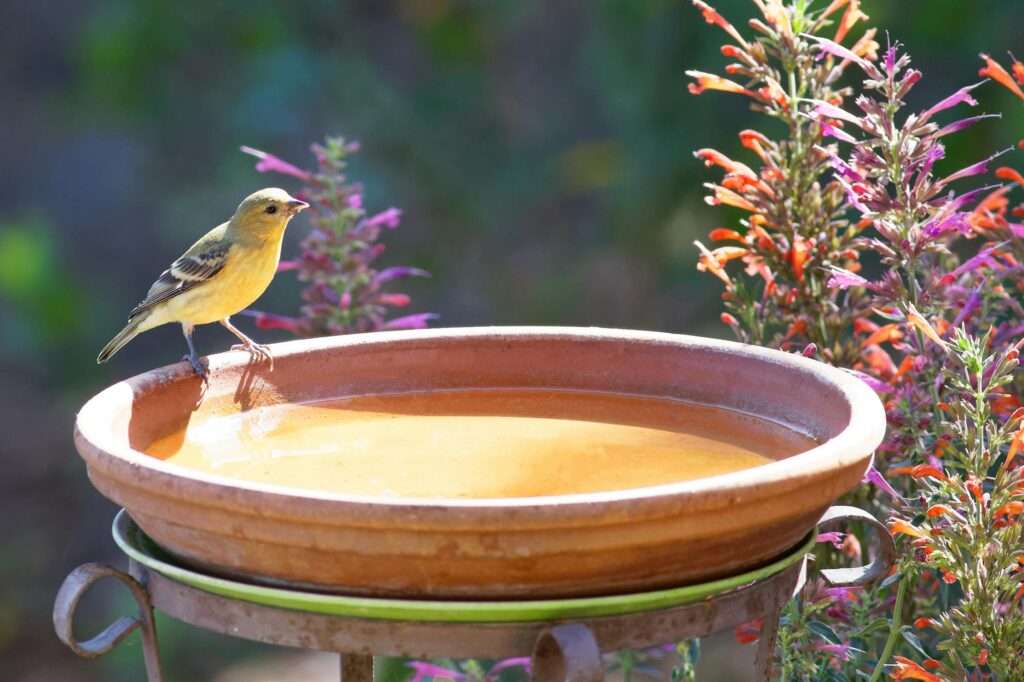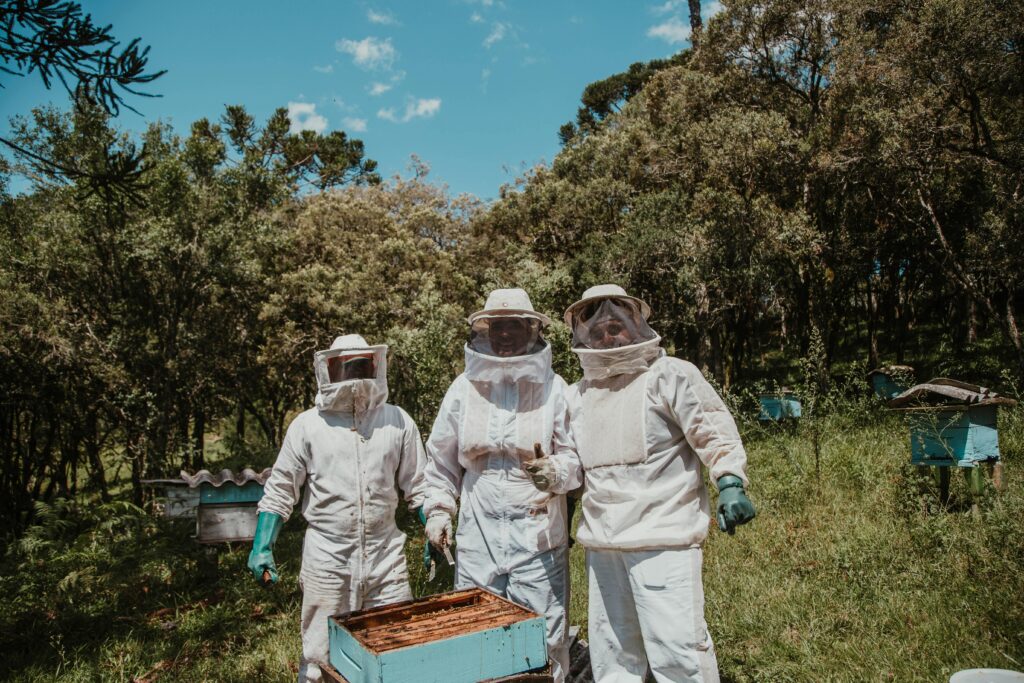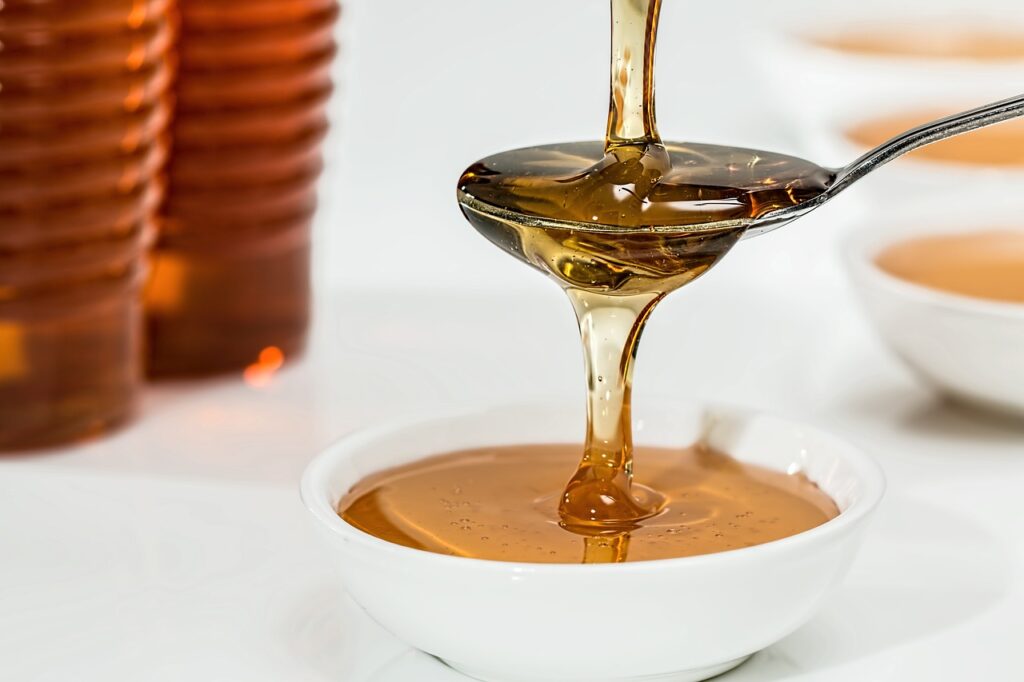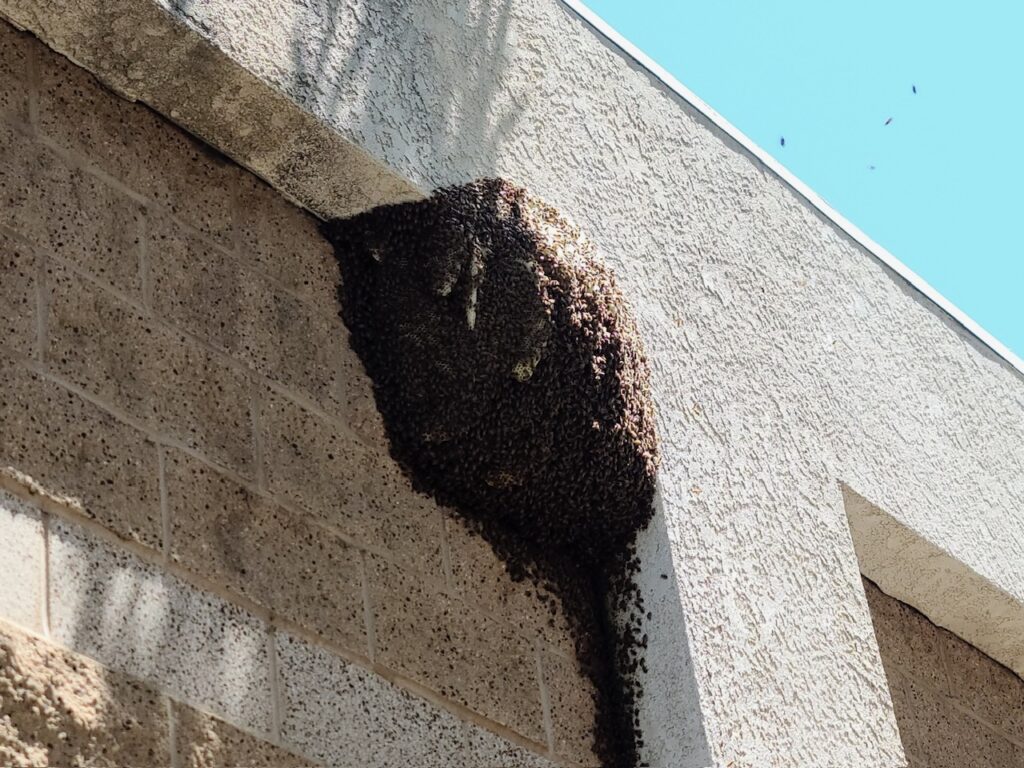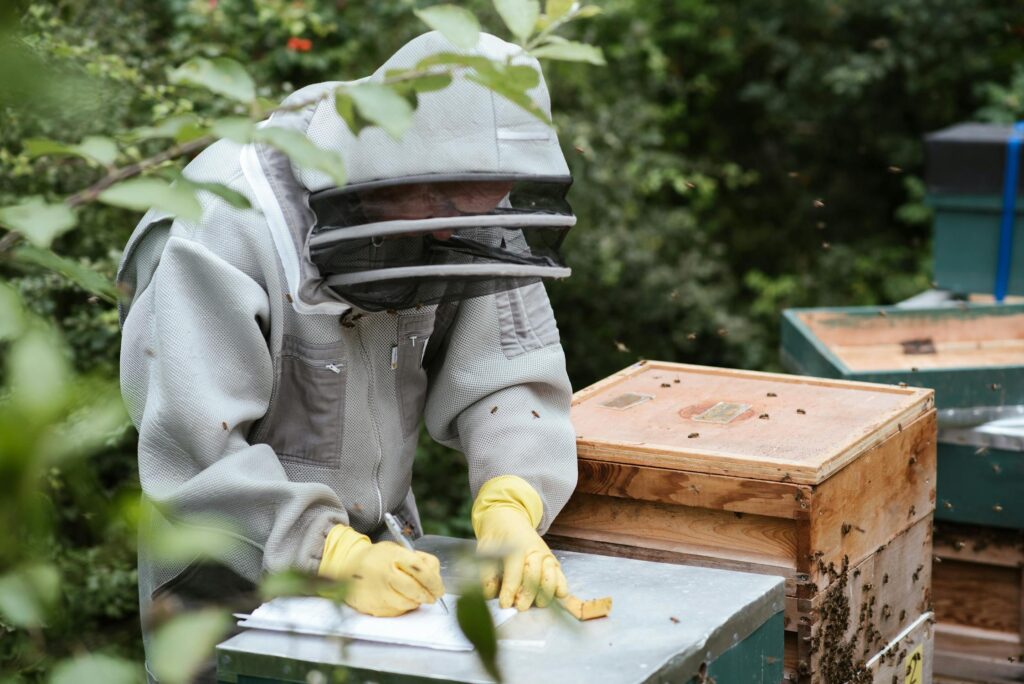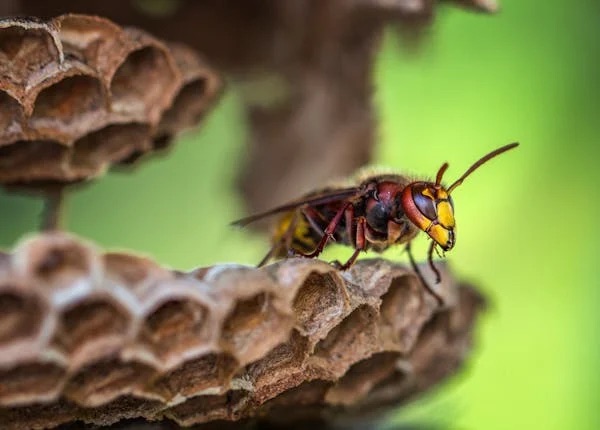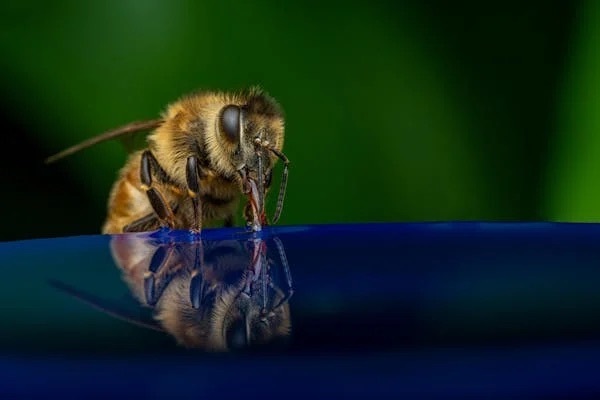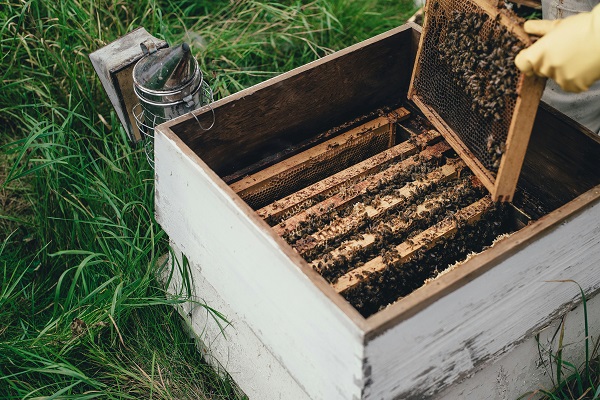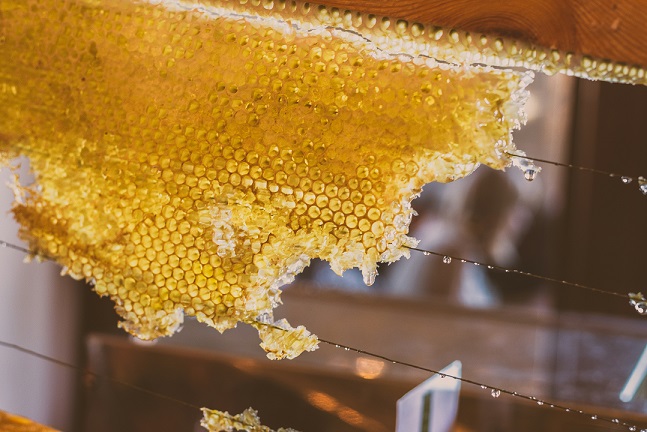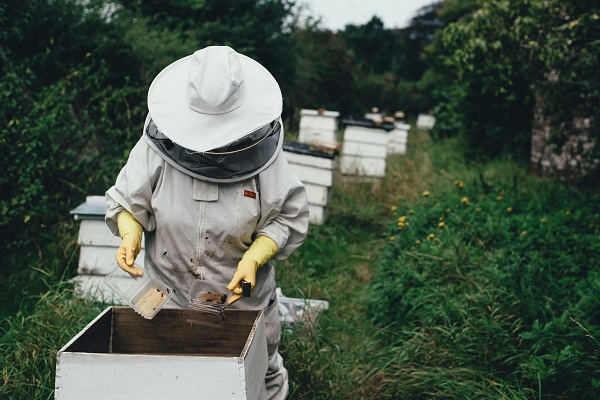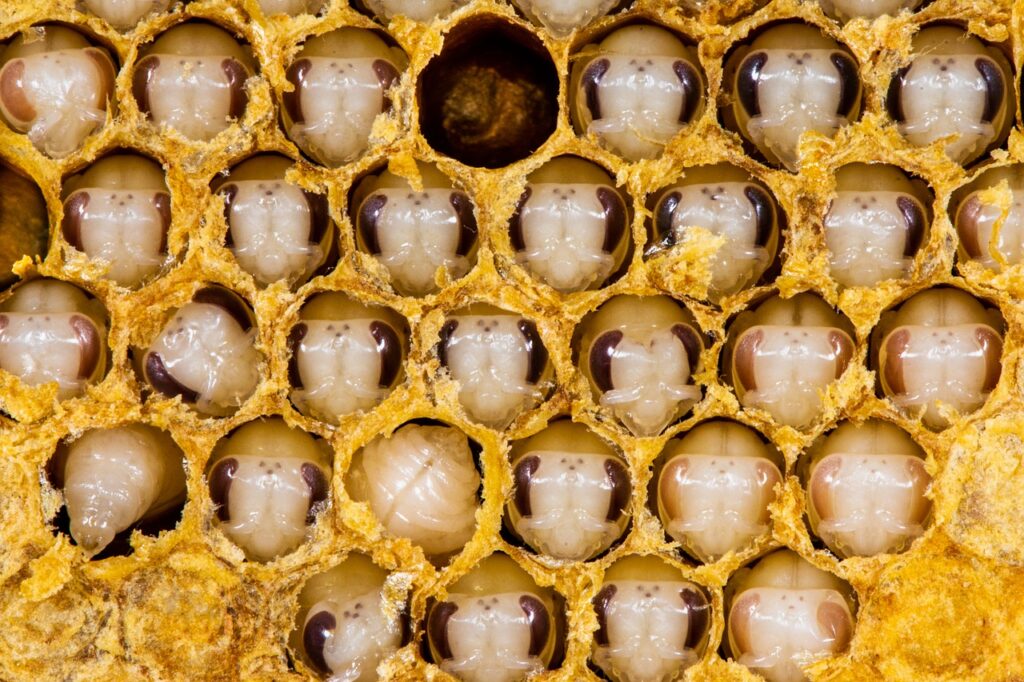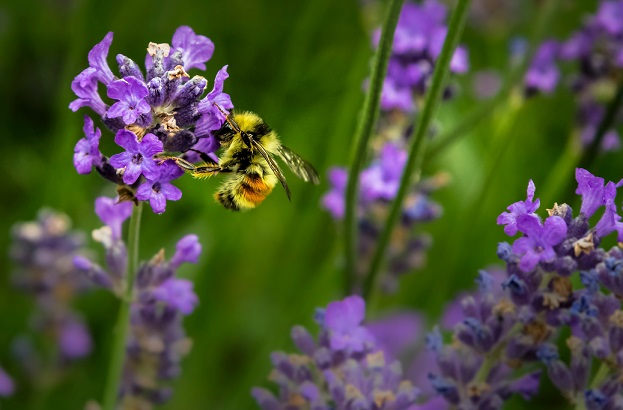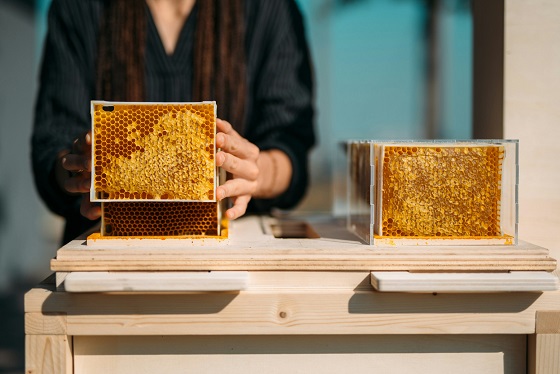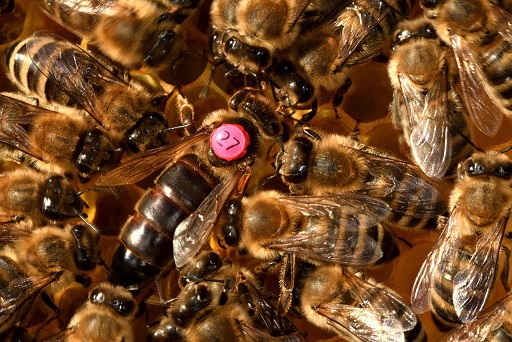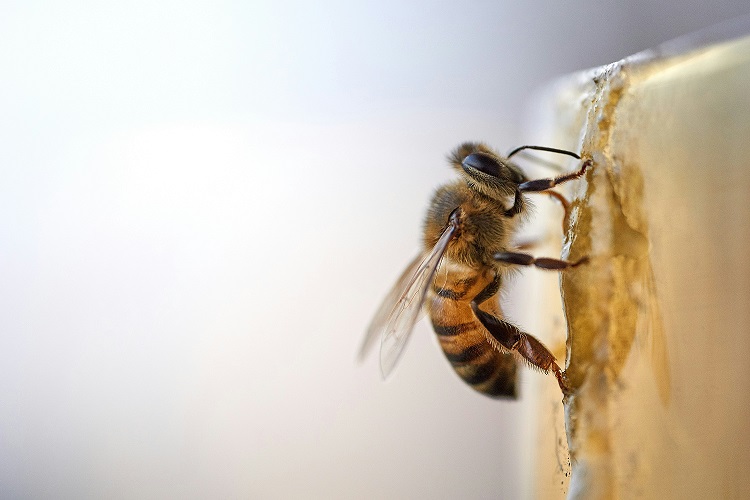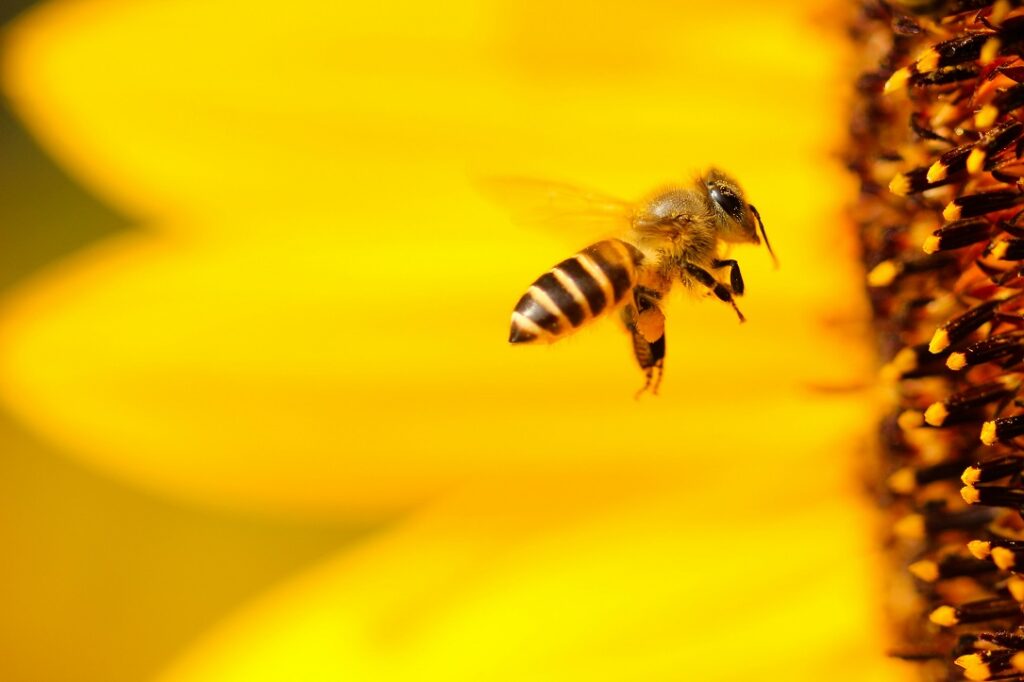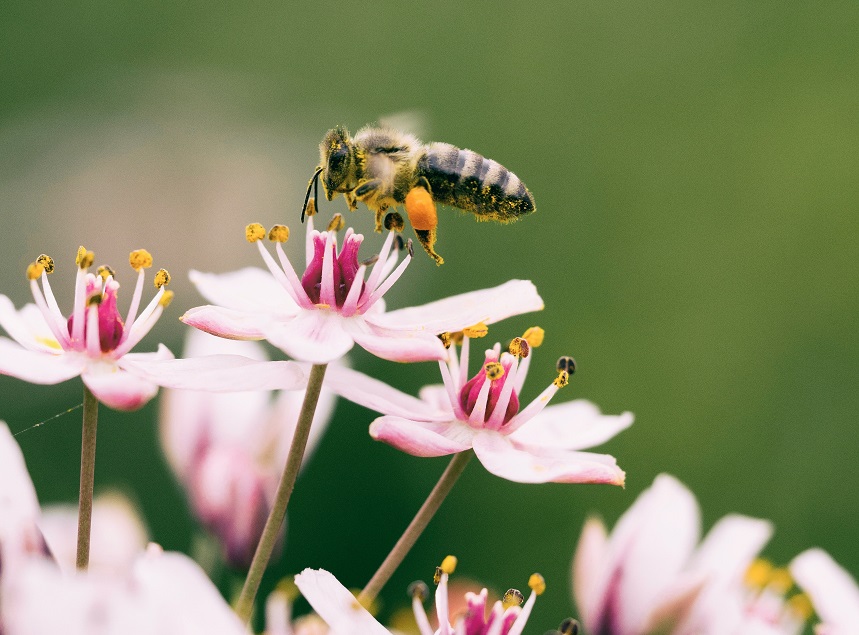Power of Grease!

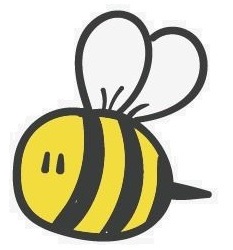

As the summer months bring warmth and sunshine into our homes, the allure of fragrant scents fills the air, creating a welcoming ambiance. However, as we indulge in the delightful aromas of citron oil, floral oil, and other fragrances, it’s essential to be mindful of how these scents can inadvertently attract bees to our restrooms and living spaces. Let’s explore the intriguing connection between home fragrance and bee attraction, along with tips for coexisting peacefully with our buzzing friends during the summer season.
The Power of Scent: Aromatic oils, such as citron oil and floral oil, are prized for their captivating fragrances that evoke feelings of freshness, tranquility, and vitality within our homes. While these scents enhance our indoor environment and create a pleasant atmosphere, they can also pique the interest of bees seeking out floral scents as they forage for nectar and pollen.
Attracting Bees: Bees are highly sensitive to smells and are naturally drawn to floral scents that mimic the aroma of blooming flowers in nature. The sweet and enticing fragrances emitted from home fragrance sources, such as restroom vents and chimney exhausts, can inadvertently lure bees into our living spaces, seeking out the source of these alluring scents.
Coexistence Strategies: To maintain a peaceful coexistence with bees while enjoying fragrant scents in our homes, consider implementing the following strategies:
1. Bee-Friendly Alternatives: Opt for fragrance options that are less likely to attract bees, such as citrus-based scents or herbal aromas that are less appealing to bees searching for floral sources.
2. Strategic Placement: Place home fragrance sources away from restroom vents, chimney exhausts, and other entry points where bees may be drawn in by the scent. By positioning these scents strategically, you can reduce the likelihood of bees entering your living spaces.
3. Natural Deterrents: Consider using natural fragrances that repel bees, such as mint, eucalyptus, or lemongrass, to create a barrier that discourages bees from venturing too close to your home’s entry points.
4. Bee-Friendly Gardens: If you have outdoor spaces, cultivate bee-friendly plants and flowers in your garden to provide bees with a natural foraging habitat. By creating a bee-friendly environment outdoors, you can help steer bees away from seeking out fragrant scents indoors.
By embracing a thoughtful and holistic approach to home fragrance and bee attraction, we can strike a balance between enjoying captivating scents and respecting the natural instincts of our buzzing companions. Let’s welcome summer into our homes with open arms, mindful of the scents that surround us and the delicate dance of coexistence with the fascinating world of bees.
Power of grease
Title: The Sizzle Solution: How Cooking Grease and Bacon Fumes Can Discourage Scout Bees from Taking Up Residence in Your Exhaust Vent
The gentle hum of bees buzzing about in our gardens is a delightful sign of nature’s vitality and beauty. However, when these industrious insects decide to explore less-than-ideal locations, such as our exhaust vents, it can lead to a beehive conundrum. Fortunately, there’s a sizzling solution that may come to the rescue: cooking grease and the savory aroma of frying bacon. Let’s uncover how these kitchen staples can help mask scents and deter scout bees from setting up shop in your home.
The Buzzing Dilemma: Scout bees, tasked with finding new hive locations for their colonies, are drawn to potential nesting sites based on various factors, including scent. The sweet and floral fragrances emitted from exhaust vents can unwittingly attract scout bees, leading them to consider your home as a potential hive location.
The Grease Barrier: Cooking grease, commonly found in kitchen exhaust vents and range hoods, can serve as an unexpected ally in deterring scout bees. The residual grease buildup can act as a barrier that masks the appealing scents that might otherwise lure bees towards your home. This invisible shield of grease can help create a less enticing environment for scout bees searching for new nesting grounds.
Bacon Magic: If the smell of sizzling bacon wafting through your kitchen is a morning ritual, you’re in luck! The savory aroma of frying bacon not only tantalizes our taste buds but also has the potential to mask other scents, including those that might attract scout bees. Bacon fumes present a powerful odor that can overpower floral scents and discourage bees from settling in your exhaust vent.
Tips for Bee Deterrence:
1. Regular Cleaning: Keep your kitchen exhaust vents and range hoods clean and free of excess grease buildup to maintain an effective barrier against scout bees.
2. Bacon Cooking Sessions: Embrace the occasional bacon cooking session as a preventive measure to mask scents and create a less appealing environment for bees exploring your home’s exterior.
3. Alternative Scents: Consider using bee-repellent fragrances, such as mint, cinnamon, or citronella, to create a natural deterrent for scout bees seeking out potential nesting sites.
By leveraging the power of cooking grease and the tempting aroma of sizzling bacon, you can take proactive steps to discourage scout bees from moving into your exhaust vent and avoid the buzz of unwanted visitors in your home.
